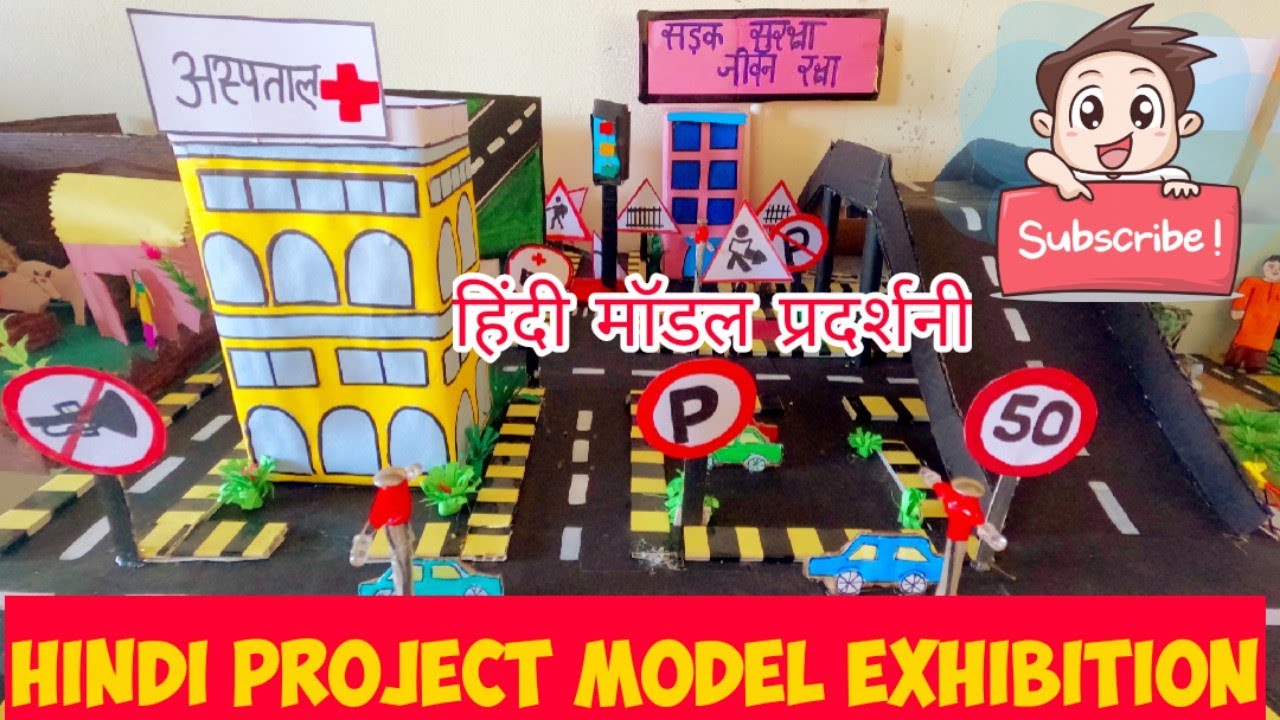
AI in India: The Rise of Indic Language Models
The Indian technology landscape is witnessing a significant shift with the emergence of Indic language models. One such model is Project Indus, launched by Tech Mahindra, which aims to redefine AI solutions across various industries. In this article, we will explore the potential of Indic language models and their impact on the Indian market.
The Need for Indic Language Models
India is a diverse country with 22 officially recognized languages and over 1,600 dialects. However, the majority of AI models are designed to work with English and other European languages, leaving a significant gap in the market for Indic language models. Project Indus aims to fill this gap by developing a large language model (LLM) that can understand and generate text in Hindi and its 37+ dialects.
 Indic language models have the potential to revolutionize the way we interact with technology.
Indic language models have the potential to revolutionize the way we interact with technology.
The Collaboration Behind Project Indus
Project Indus is a collaborative effort between Tech Mahindra, Dell Technologies, and Intel. The project leverages Dell’s high-performance computing solutions, storage, and networking capabilities, as well as Intel’s robust infrastructure solutions, including Intel Xeon Processors, OneAPI software, and future generation products. This collaboration aims to redefine AI-driven solutions in various industries by developing localized and verticalized industry-agnostic LLMs.
The collaboration between Tech Mahindra, Dell Technologies, and Intel is a significant milestone in the development of the global GenAI landscape.
The Impact of Project Indus
Project Indus has the potential to transform various industries, including healthcare, rural education, banking and finance, agriculture, and telecom. The model can be used to develop applications such as customer support, experience, and content creation. For instance, in the healthcare sector, Project Indus can be used to develop chatbots that can understand and respond to patient queries in Hindi, improving the overall patient experience.
 Project Indus can be used to develop chatbots that can understand and respond to patient queries in Hindi.
Project Indus can be used to develop chatbots that can understand and respond to patient queries in Hindi.
The Future of AI in India
The launch of Project Indus marks a significant milestone in the development of the Indian AI landscape. As the model continues to evolve, we can expect to see more innovative applications of AI in various industries. The collaboration between Tech Mahindra, Dell Technologies, and Intel is a testament to the potential of AI to transform the Indian market.
 The future of AI in India looks promising, with Project Indus leading the way.
The future of AI in India looks promising, with Project Indus leading the way.
Conclusion
In conclusion, Project Indus is a significant step forward in the development of Indic language models. The collaboration between Tech Mahindra, Dell Technologies, and Intel has the potential to transform various industries and improve the overall efficiency of businesses. As the Indian AI landscape continues to evolve, we can expect to see more innovative applications of AI in the future.
Project Indus is a significant step forward in the development of Indic language models.











